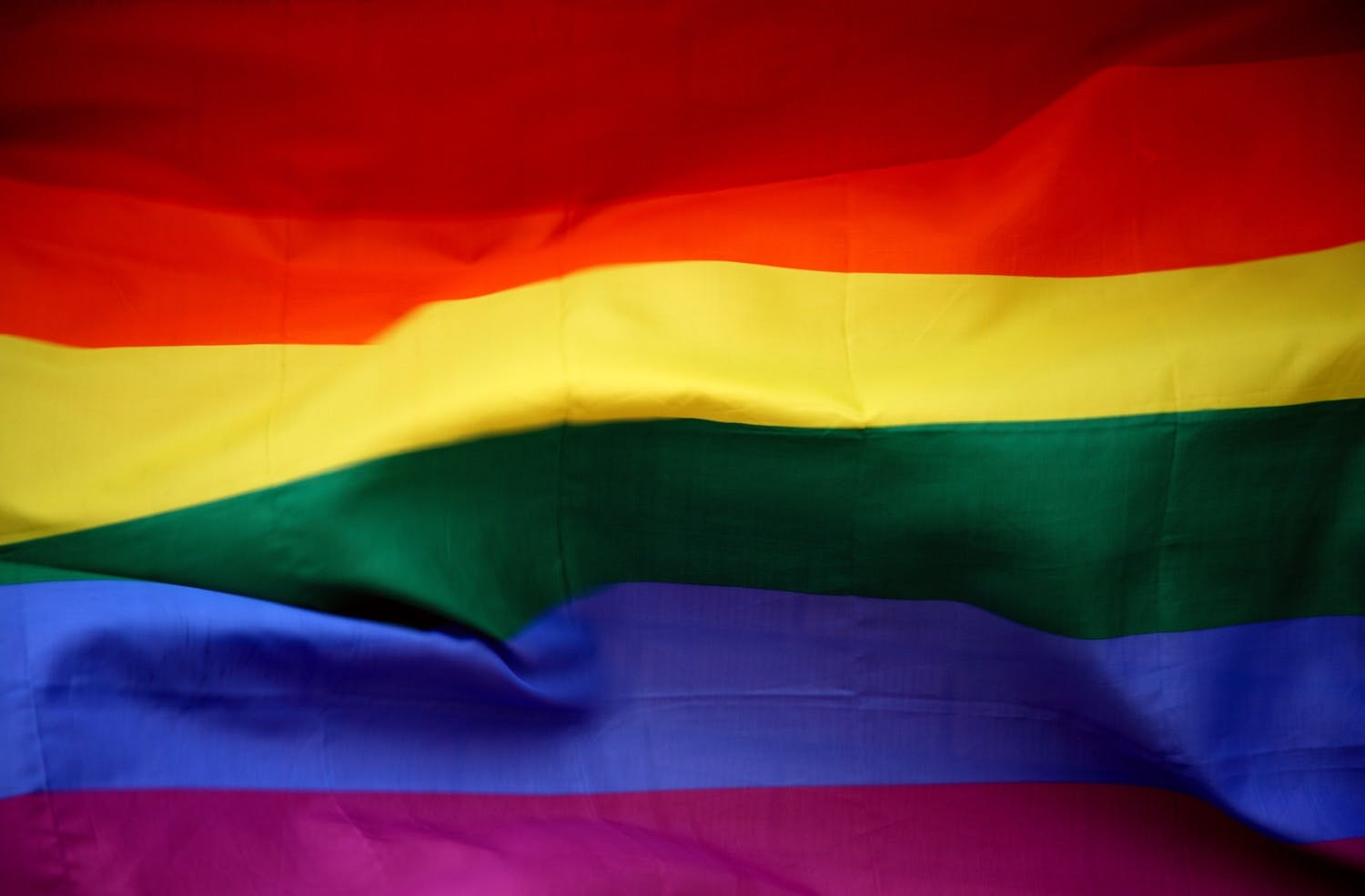Calling Trans Kids By Their Chosen Name Improves Mental Health, Study Finds
updated on Apr 6, 2018

Allowing trans children to use their chosen name dramatically reduces the risk of depression and suicide, a new study has found
Researchers at the University of Texas spoke to 129 transgender young people, aged between 15 and 21 with various ethnic backgrounds, for a study published in the Journal for Adolescent Health. As part of the study, the kids were asked whether they were able to use their chosen name at school, work, at home and with friends.
The study found that of those who could use their chosen name, 71% experienced less symptoms of severe depression, 34% less reported thoughts of suicide and a 65% reduction in suicide attempts compared to their peers who could not.
Stephen T. Russell, co-author and chair of human development and family science at the university said “Many kids who are transgender have a chosen name that is different than the one that they were given at birth.”
“We showed that the more contexts or settings where they were able to use their preferred name, the stronger their mental health was.”
He continued to say that by allowing young people to use their chosen name at home, school, work and with friends, it was also helping affirm their gender identity.
The study saw improvements in trans kids’ mental health if they were able to use their chosen name in even one of the above situations, with youths experiencing 29% decrease in suicidal thoughts compared to peers who could not use their chosen name at all.

Zach who shared his story with Counselling Directory, recalls his experience: “I was eighteen years old when I realised that my life up until that point was a lie.”
“A strong, resonate thought that shook me to the core: I don’t want to be a girl anymore. Needless to say, I was freaked out. Where had that thought come from?”
“Hearing my name, one that I’d been addressed as thousands of times before, made me shudder. Being referred to as “she” or “her” would make me feel sick.”
“I was fortunate enough to have a mother and sister who were more understanding than I could have dreamt. Even though it upset them that they were losing a daughter and sister, they were happy to see the confident, care-free young man I was becoming.”
“My sister actually helped me pick a name that better suited me – picked from a video game, of course, what else would a nerd choose?”
Sadly, suicidal thoughts and attempts are far too common in the transgender community. The American Foundation for Suicide Prevention and the Williams Institute found that 41% of transgender individuals attempt to take their own lives at some point, compared with 4.6% of the general public.
In the Stonewall School Report 2017 which surveyed more than 3,700 lesbian, gay, bi and trans young people, it was revealed that 84% of trans young people have self-harmed, and almost half have attempted to take their own life.
Russell said, “I’ve been doing research on LGBT youth for almost 20 years now, and even I was surprised by how clear that link was.”
He added that it’s not only practical to “support young people in using the name that they choose,” but “it’s respectful and developmentally appropriate.”
Read our Tips for Transitioning Teens and Family Guide to Gender Transition, written by counsellor Anna Jezuita. For more information on the support available for gender dysphoria, visit Counselling Directory.

